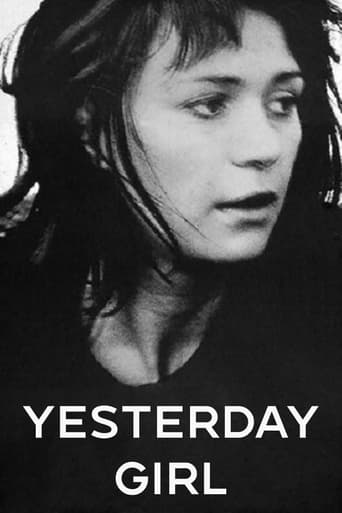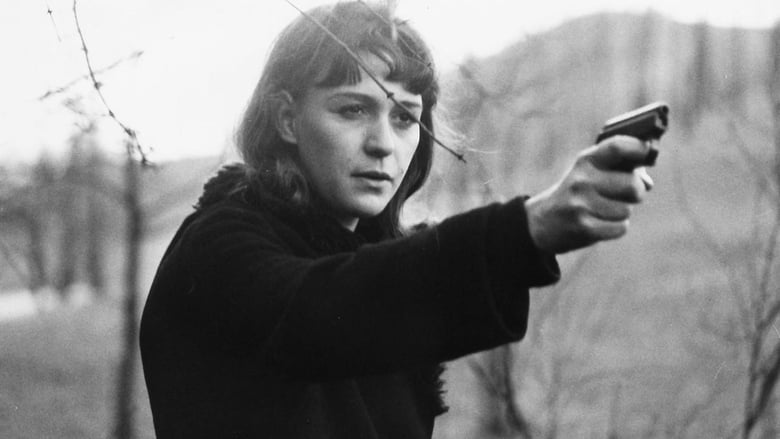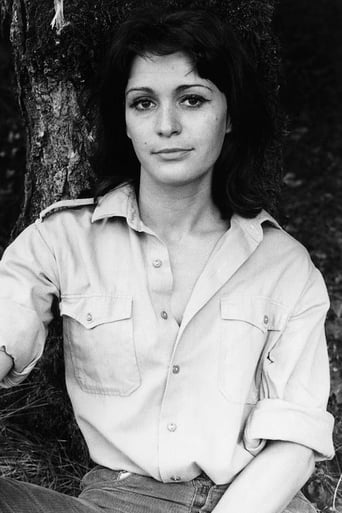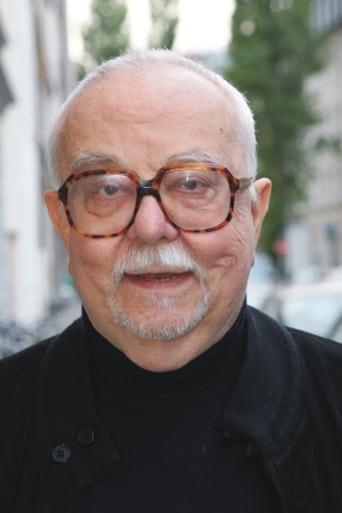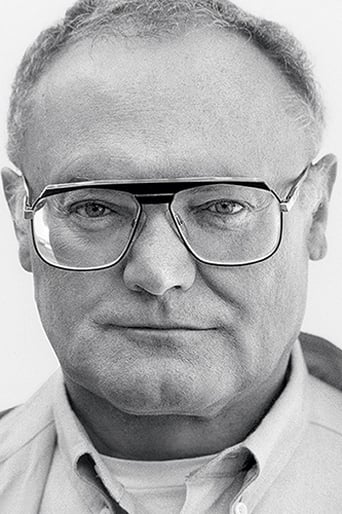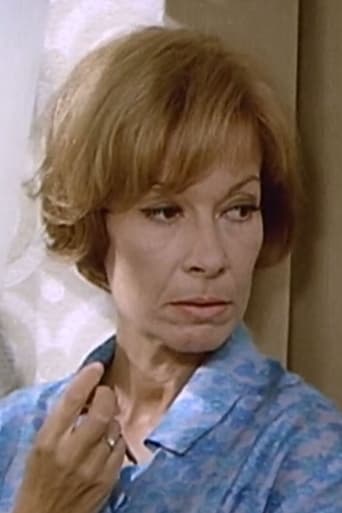A young German woman searches for happiness, liberation, and independence in the illusive wake of a transformative national recovery.


Similar titles
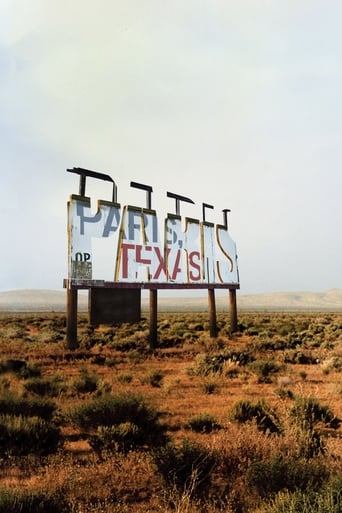


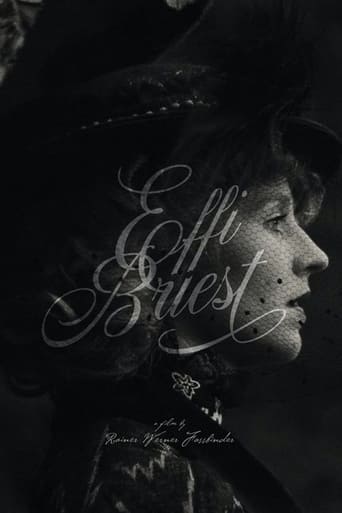
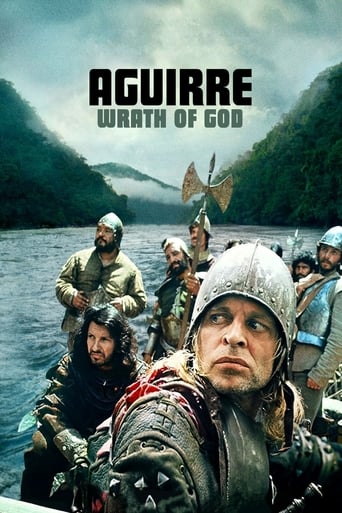
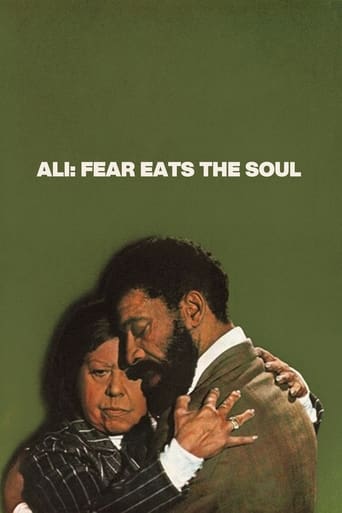
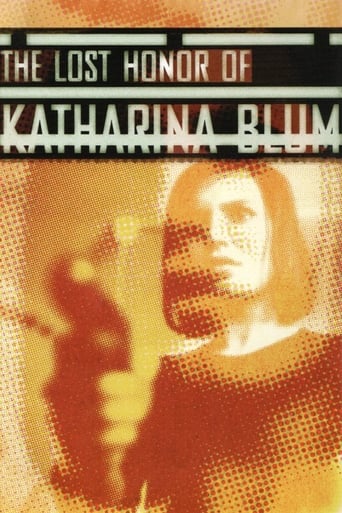
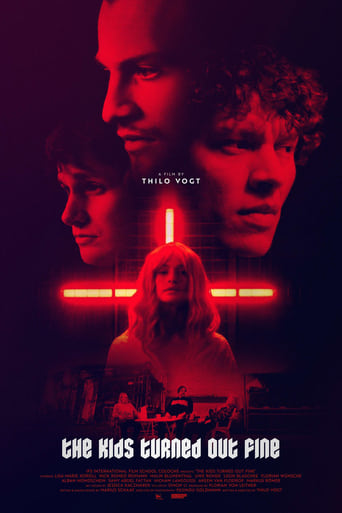
Reviews
"Abschied von gestern - (Anita G.)" is a German black-and-white film that runs for considerably under one hour and was written and directed by German filmmaker Alexander Kluge. The crew includes other big names such as Edgar Reitz or Beate Mainka-Jellinghaus. But despite the inclusion of all these here, this turned out a fairly unimpressive movie. I am glad it did not run for that long really. Kluge is still known today, at least to German movie enthusiasts like myself and it is very telling that this mix of acting and documentary won big at the German Film Awards that year and at Venice and is still such a mediocre film. The first half of the 20th century had Lang, von Sternberg and all these silent film masters. The 1970s had Herzog, Fassbinder, Wenders, Schlöndorff... but in-between there is not a whole lot of greatness unfortunately. This movie here is pretty much evidence of that. I do not recommend it. I was never engaged in the political context, the story, the characters, especially the lead character. Not a great film by any means, not even a good one. Thumbs down.
Abschied von gestern - (Anita G.) is clearly the German answer to À bout de soufflé (released six years earlier) by Godard. Even more: it is as if Godard had made a German version of his own production. It's the experimental drive for ANYTHING. Neue Welle! I just name some of the daring tricks that for a reason did not become common in cinema: showing, after an abrupt transition, photographs or drawings; inserting voice-overs during a dialogue; changing the volume of the sound during a scene; reading the lines from a note. And so on. We also see a murder without context (dream?), a finger is pierced by a stiletto heel and milk flows out of the finger (surrealism?), and there's a scene with toy soldiers. There's lack of structure all over, but there is still a common thread: she, who is always on the road.Anyhow, director Alexander Kluge took every bit of freedom he could with his first real film. His actors went with it, including his sister Alexandra, who plays Anita G. They probably filmed EVERYTHING that came on their paths: a dog training, a visit to a bar, scenes on the streets. 'Alexander, I'm going to rest in a park.' 'No, wait, I take the camera, we can shoot a scene there!' That said, the film lacks for me the frivolous and intuitive from the original (Godard), though it does strikes gold once in a while. The affair of only two seconds was beautiful. At the staircase there is an intimate conversation between a man and Anita G.. Next second, while having dinner, a woman asks the man: 'Is she a redhead?' The most interesting thing about the film is that it pauses history for a second: this is the life of an ordinary but adventurous woman in the sixties in Germany.If this film wasn't so excessively experimental, and there were 'regular' ideas intertwined, it could have been a classic. Now, for me, is it is just one of the Godard-like films. It's a shame that Alexandra would only play in one other film (also from her brother) while her pleasure in acting is evident here. Alexander got a career as a critic, started a film school (Ulm Institut für Filmgestaltung) and made A LOT of shorts. At this point, Kluge is in his eighties. I rate it 7/10, mostly for courage.
This is the first film I've seen from Alexander Kluge and I had no idea what to expect. As I watched it, my first thoughts were that it had a lot of the French New Wave or was just heavily part of the European Art Cinema—I wasn't very sure when it had been made. The documentary, broken approach seemed interesting and completely burst that bubble of the typical cinematic experience were as a viewer I was almost pushed to be part of.I really appreciate what films like this did to filmmaking, starting with the very purpose and artistic value of films and their contra-position to the common entertaining commercial product films soon became after they were introduced into an industry. These films were necessary to go back to the origins of film and its true essence. Many films of this era abandoned the classic ways of making films and that's how they got closer to the truth of film. I think movies like "The Bicycle Thief" (1948) or "The 400 Blows" (1959) or "Kes" (1969) achieved to capture life in a very honest way. But I feel soon this achievement got corrupted, became a concept and lost its way and awareness. It led to films that broke all the typical rules of filmmaking and spoke of certain societies and real socio-political situations, but, in my humble opinion, I believe they failed to capture life despite of how spontaneous and realistic they tried to be. They created "rules" from their own anti-rules approach and I feel there was just too much ego and ambition in all this. I believe film is not really about characters, stories, music, places, situations, dialogs, etc.— not even about all of them put together as it is so commonly believed. Film is much more than that. It captures times and truth in an unique way. And, comparing this very idealistic definition of films and the influence of European Art Cinema—and every other movement of that time—is where my opinion about "Yesterday Girl" comes from. I feel, since this kind of films are very authorial, Alexander Kluge, just like maybe Ingmar Bergman when he made "Summer with Monika" (1953), was struggling between what the audience expected and what his inspiration was telling him to do, especially considering this was his first full-length feature. But despite of all this, which is only ideas that have little to do with the film itself, I think this film is a must-see because if you somehow manage to see beyond a few devised attractions here and there, like the shots of people talking to the camera, sudden cuts, alternate editing with images that contrast against the emotional narrative of the main scene, that in my opinion, still have a sort of beauty and awareness, you might see a substantial beauty and poetry, especially towards the final scenes. And also even before that, there are glimpses of Kluge's own vision and sensitivity which I'm now looking forward to watching more in his films.
